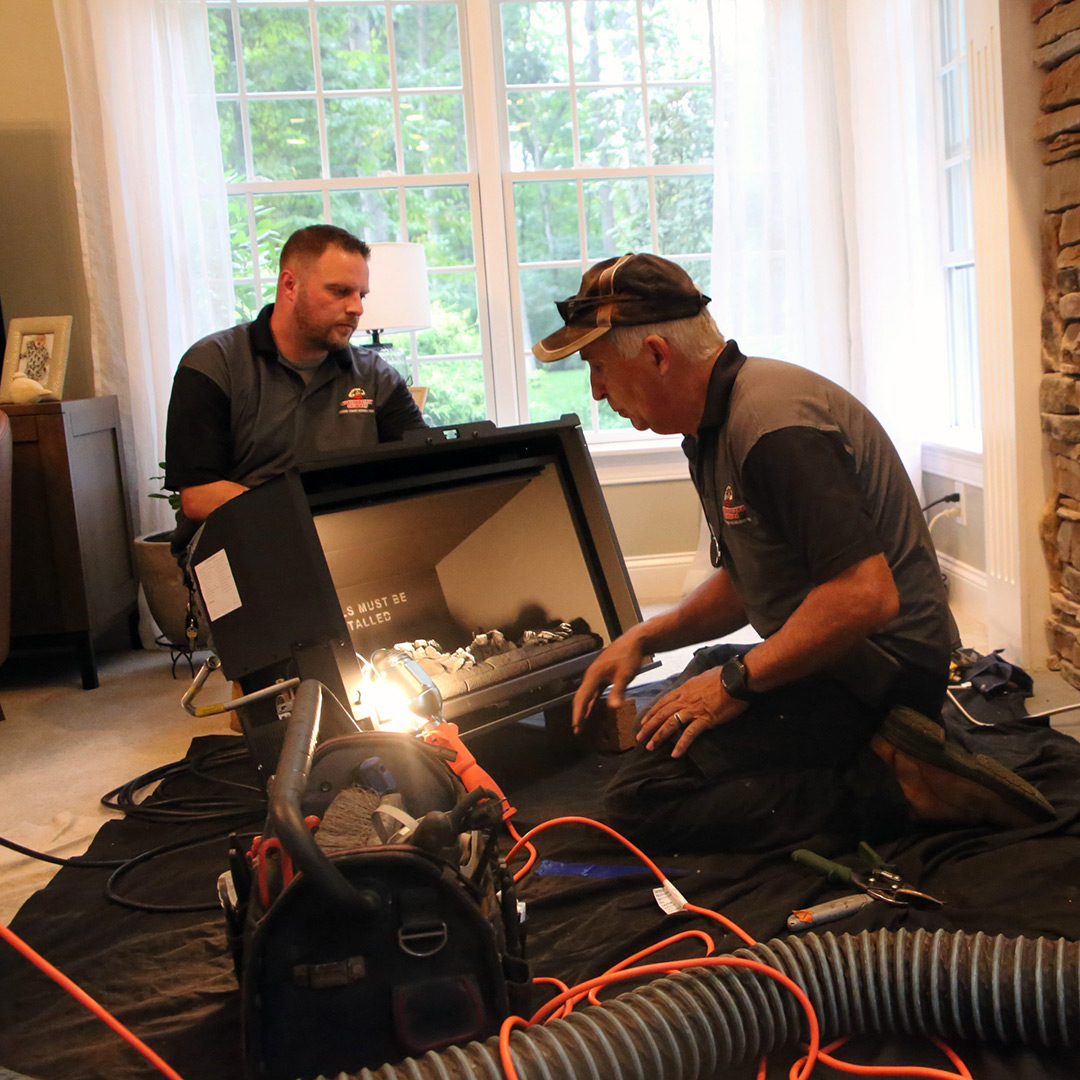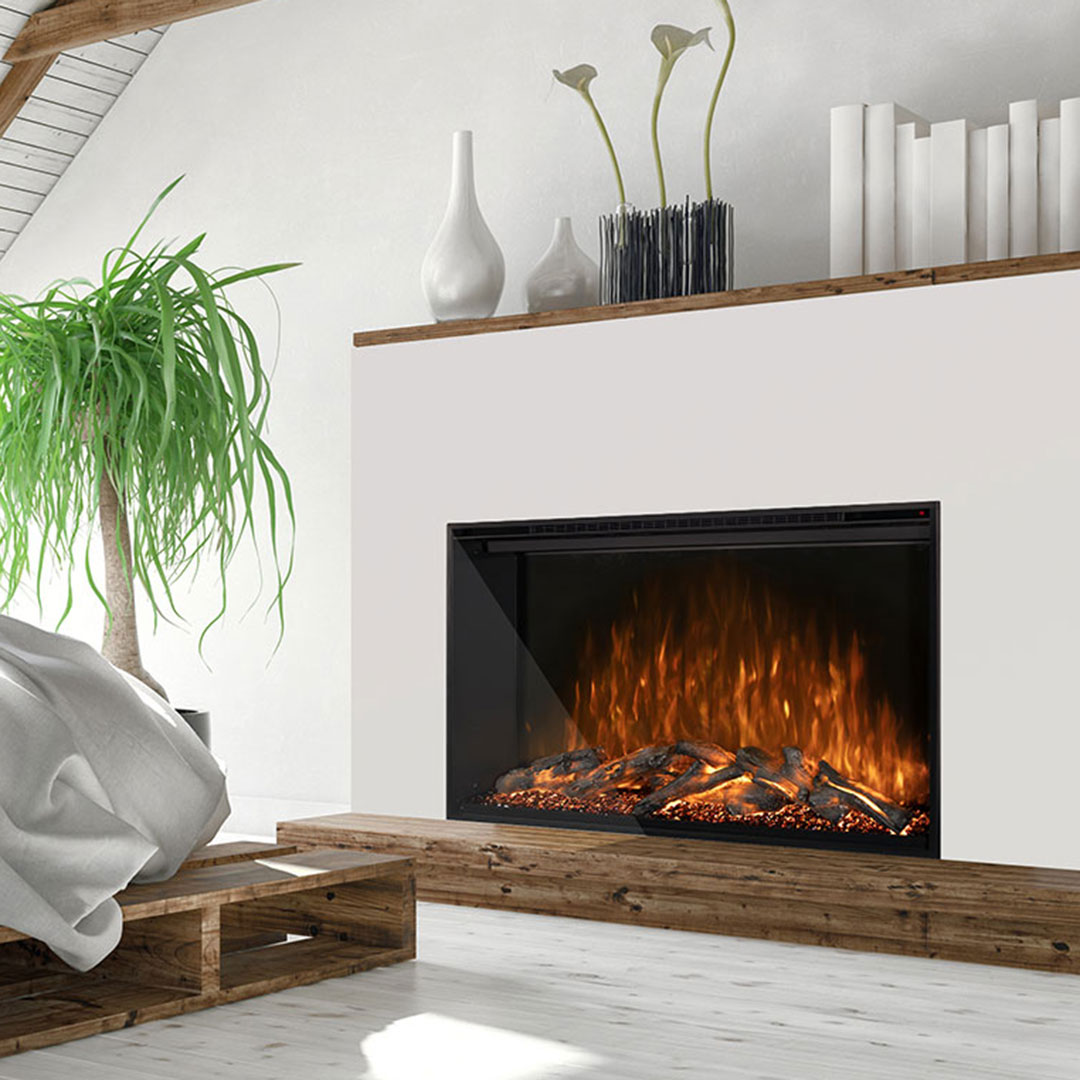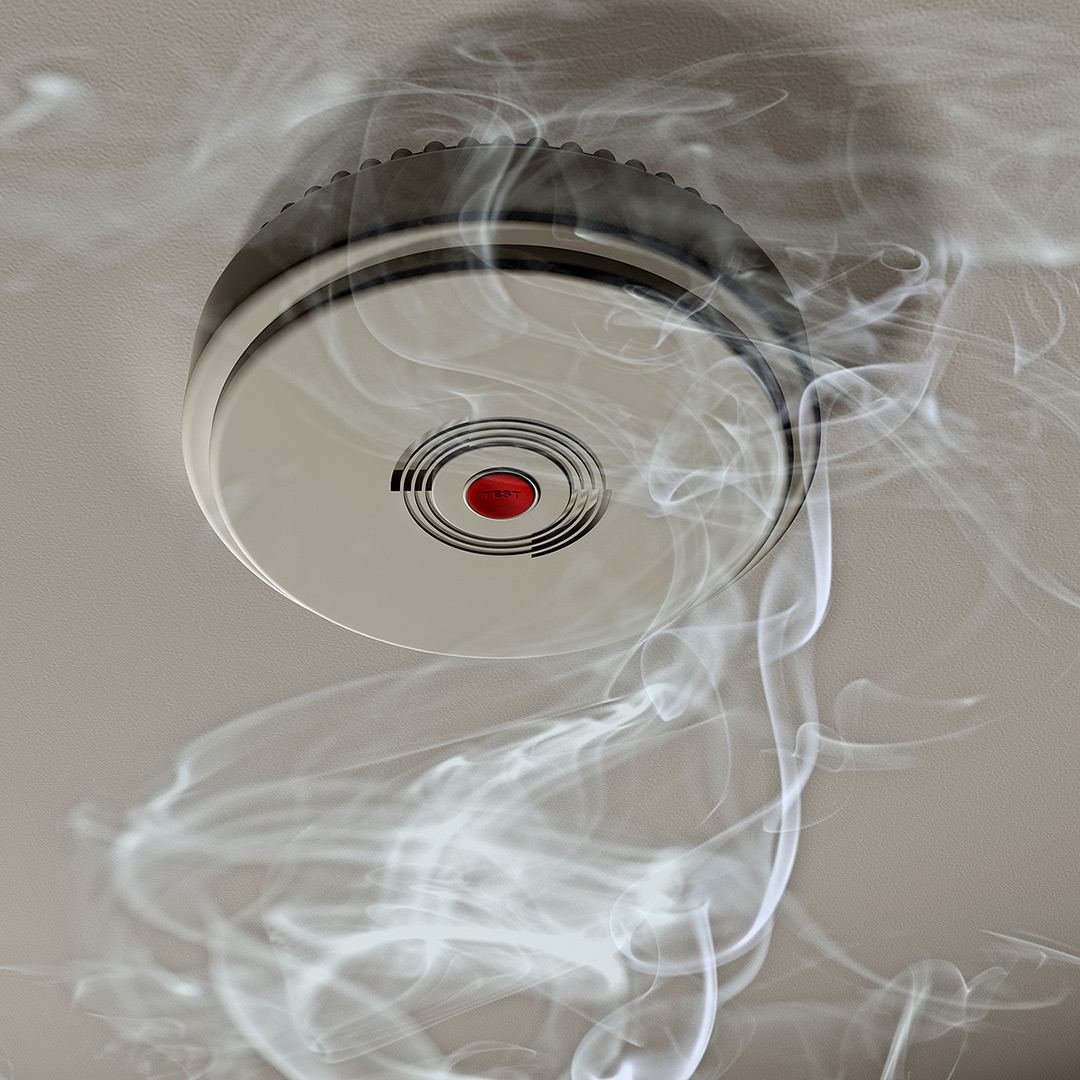How Does Air Conditioning Work?
Initial Thoughts
Summer days can be extremely hot and uncomfortable, and most of us turn to our air conditioning units for relief. But have you ever stopped to wonder how exactly does an air conditioning system work?
At Lindemann, we not only install and service chimneys, fireplaces, and HVAC systems, but we also like to educate our customers on how these essential home appliances function. Let’s break down the magic behind air conditioning and how it helps keep your home cool and comfortable.
The Basic Principle
The fundamental concept behind air conditioning is the transfer of heat from one area to another. This principle is based on the Second Law of Thermodynamics, which states that heat naturally flows from a warmer body to a cooler one.
An air conditioner leverages this principle by using a special liquid called refrigerant, which circulates through a series of coils and pipes in the unit. The refrigerant absorbs heat from the inside air and then releases it outside, thereby cooling the air inside your home.
This process is continuous and is repeated until the desired indoor temperature is reached. The ability of the refrigerant to absorb and release heat is due to its unique physical properties, which allow it to change from a liquid to a gas and back to a liquid again during the refrigeration cycle.
Key Components
Understanding the function of each component in your air conditioning unit is key to comprehending how the entire system works to cool your home. Each part plays a crucial role in the refrigeration cycle, working together to remove heat and humidity from the indoor air.
Allow us to delve into the main components of an air conditioning system – the evaporator, compressor, condenser, and expansion valve – and explain their individual functions and how they contribute to the overall operation of the unit.
- Evaporator: The evaporator is a coil located inside the unit, where the refrigerant starts as a low-pressure liquid. As warm indoor air passes over the coil, the heat is absorbed by the refrigerant, turning it into a low-pressure gas. This process cools the air, which is then distributed throughout your home.
- Compressor: The compressor is located in the outdoor unit and plays a crucial role in the refrigeration cycle. It compresses the low-pressure refrigerant gas from the evaporator into a high-pressure gas, which is then passed on to the condenser.
- Condenser: The condenser is another coil located in the outdoor unit. Here, the high-pressure refrigerant gas releases its heat to the outdoor air, and it condenses back into a high-pressure liquid. This liquid is then sent back to the evaporator to start the cycle again.
- Expansion Valve: The expansion valve is located between the condenser and the evaporator. It regulates the amount of refrigerant entering the evaporator, ensuring the correct pressure and temperature for the refrigeration cycle.
The Refrigeration Cycle
The refrigeration cycle is the heart of any air conditioning system, and it involves a series of steps that the refrigerant goes through to remove heat from your home. This cycle is a continuous process that involves changing the state of the refrigerant from a liquid to a gas and back again, allowing it to absorb and release heat.
The refrigeration cycle can be broken down into four main steps – evaporation, compression, condensation, and expansion – and explain how each step contributes to the cooling of your home.
- Evaporation: The refrigerant starts as a low-pressure liquid in the evaporator coil. As warm indoor air passes over the coil, the refrigerant absorbs the heat, turning into a low-pressure gas and cooling the air.
- Compression: The low-pressure refrigerant gas is then compressed by the compressor into a high-pressure gas.
- Condensation: The high-pressure gas travels to the condenser coil, where it releases its heat to the outdoor air and condenses back into a high-pressure liquid.
- Expansion: The high-pressure liquid refrigerant passes through the expansion valve, where its pressure and temperature are reduced before entering the evaporator coil again.
This cycle continues until the desired indoor temperature is achieved.
Controlling Humidity
Besides cooling the air, an air conditioning system also plays a vital role in controlling indoor humidity. Humidity is the amount of water vapor present in the air, and it plays a significant role in our comfort. High humidity levels can make the air feel sticky and uncomfortable, while low humidity can cause dry skin and respiratory problems.
As the warm, humid indoor air passes over the evaporator coil, it not only loses heat but also moisture, which condenses on the coil and is drained away. This process of condensation helps to reduce the humidity level in the air.
Additionally, by maintaining a cooler indoor temperature, the air conditioner helps to reduce the overall humidity level, as cooler air can hold less moisture than warmer air. Thus, an air conditioning system helps maintain a comfortable indoor humidity level, which is crucial for our comfort and well-being.
Choosing the Right Air Conditioning System for Your Home
Selecting the appropriate air conditioning system is crucial for maintaining a comfortable indoor environment, especially during the hot summer months. The size of your home, the local climate, and your cooling needs are all factors that need to be considered when choosing an air conditioning system.
A unit that is too small will not be able to cool your home effectively, while a unit that is too large will cycle on and off frequently, leading to increased energy consumption and wear and tear on the system. Here are some key factors to consider when choosing an air conditioning system for your home:
- Size of Your Home: The size of your home, in square feet, is one of the most important factors to consider when selecting an air conditioning system. A larger home will require a larger capacity unit to effectively cool the space.
- Local Climate: The climate in your area will also affect the size and type of air conditioning system you need. Hotter and more humid climates will require a more robust system compared to cooler and drier areas.
- Energy Efficiency: Choose a system with a high Seasonal Energy Efficiency Ratio (SEER) rating. The higher the SEER rating, the more energy-efficient the system.
- Budget: Consider your budget when selecting an air conditioning system. While a higher SEER rating may have a higher upfront cost, it will lead to lower energy bills in the long run.
Maintaining Your Air Conditioning System
Proper maintenance of your air conditioning system is essential to ensure its efficiency and longevity. Regular servicing, cleaning of the filters, and checking for refrigerant leaks are crucial tasks that should not be ignored. At Lindemann, we offer comprehensive HVAC services to ensure your system is always running at its best. Contact us today to schedule a service appointment.
Common Problems and Troubleshooting Tips
Air conditioning systems are complex machines with multiple components that need to work together seamlessly to cool your home effectively. However, like any other appliance, they can sometimes experience problems. Here are some common issues that homeowners might face with their air conditioning systems and some basic troubleshooting tips:
- Air Conditioner Not Turning On: Check the circuit breaker and the thermostat settings. Make sure the thermostat is set to “cool” and the temperature setting is below the current room temperature.
- Not Cooling Properly: Check the air filter and replace it if it is dirty. Make sure all the windows and doors are closed, and check for any obstructions in the vents or ductwork.
- Making Strange Noises: Strange noises, such as banging, rattling, or hissing, can indicate a problem with the fan, the blower motor, or a refrigerant leak. It is best to call a professional to diagnose and fix the issue.
- Water Leaking from the Unit: Check the condensate drain line for clogs and clean it if necessary. If the problem persists, it may indicate a refrigerant leak or a problem with the condensate pump, and it is best to call a professional.
Remember, while some minor issues can be resolved by homeowners, it is always best to call a professional for more complex problems or if you are not comfortable performing the maintenance yourself. Regular maintenance by a professional will ensure your system operates at peak efficiency and will help prevent costly repairs in the future.
Final Thoughts
Understanding how your air conditioning system works can help you appreciate the magic behind staying cool and comfortable during the hot summer months. Remember to schedule regular maintenance for your system to ensure its efficiency and longevity. If you need any assistance with your HVAC system, contact Lindemann, your trusted partner for all your chimney, fireplace, and HVAC needs.

 Creosote Buildup
Creosote Buildup





 Gas Fireplaces
Gas Fireplaces
 First and Foremost, Safety
First and Foremost, Safety

